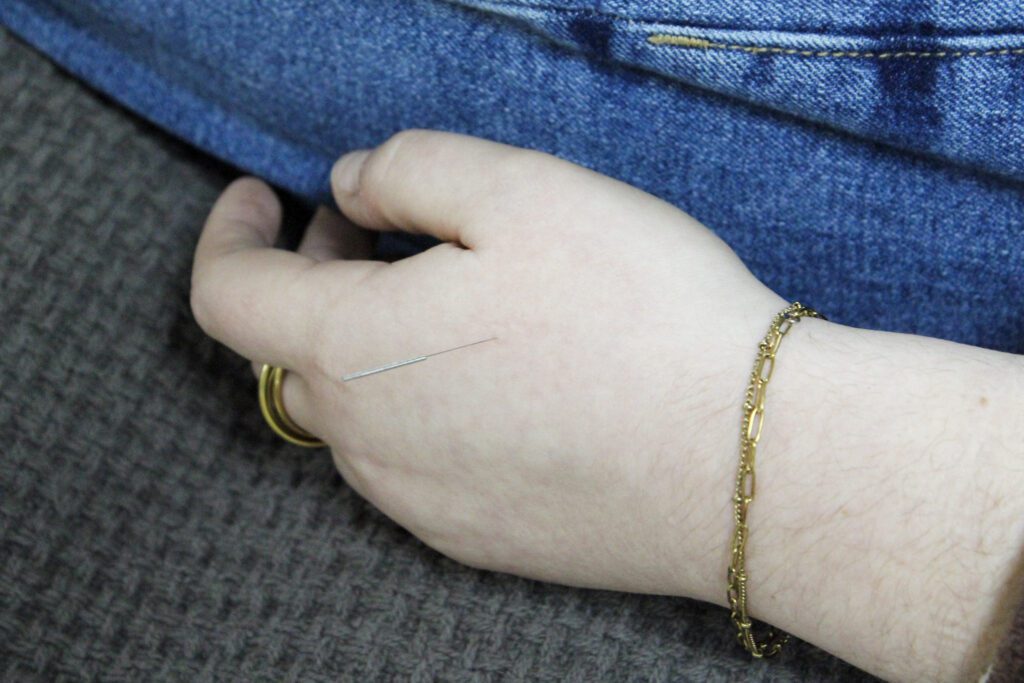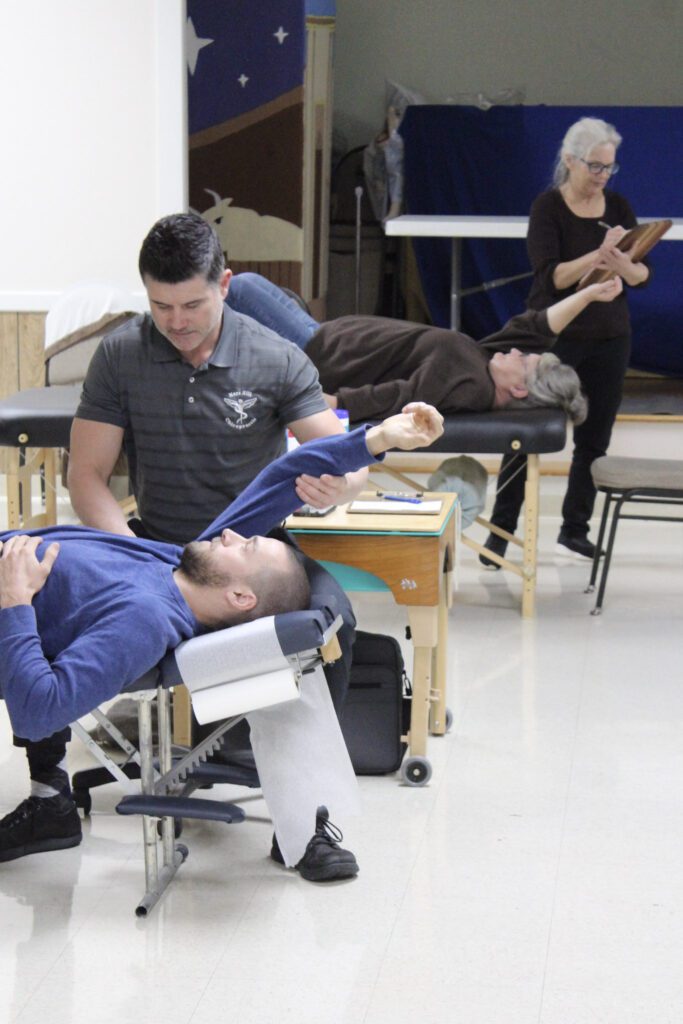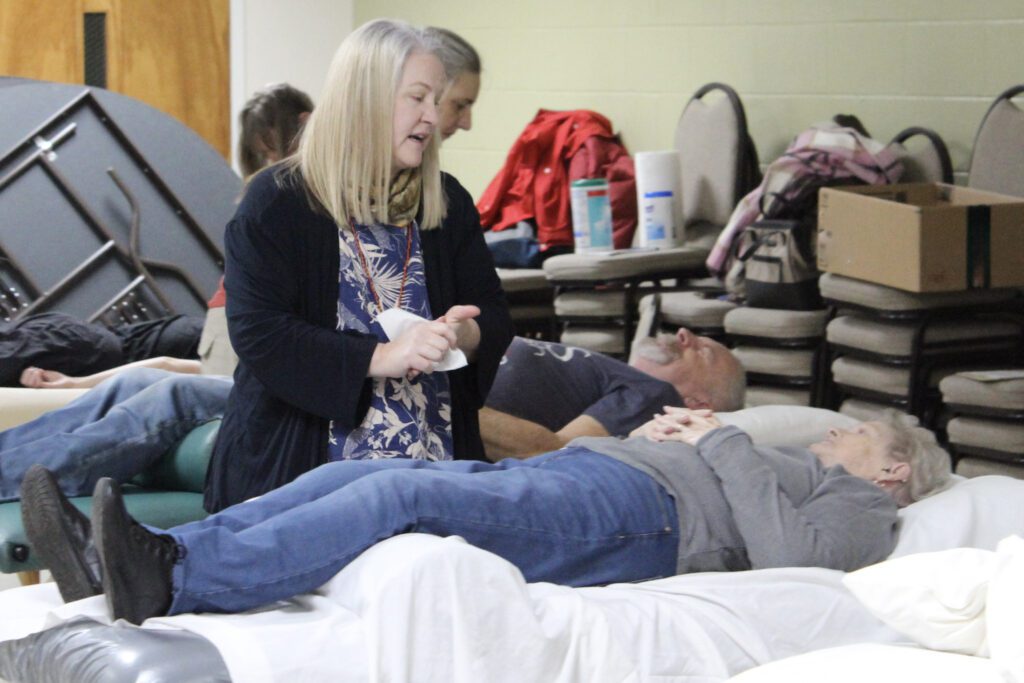If you grew up in Appalachia, chances are a grandparent or other family member knew what herbs, spices, and flowers to put in a tea or salve that take care of life’s aches and pains. That’s not the Home Remedies we’re talking about in this article, though for generations before pharmaceutical drugs were invented, that’s what people did.
 In today’s world, there’s no need to forage, harvest, and process your own cure unless you want to. It’s much easier to take a pill or two and numb the pain. The problem is, pills can be extremely expensive. They don’t really address the issue itself, they only numb the pain so you have to keep them handy for next time, and most importantly, when used wrong, they can become addictive or worse.
In today’s world, there’s no need to forage, harvest, and process your own cure unless you want to. It’s much easier to take a pill or two and numb the pain. The problem is, pills can be extremely expensive. They don’t really address the issue itself, they only numb the pain so you have to keep them handy for next time, and most importantly, when used wrong, they can become addictive or worse.
By now, the opioid crisis is old news. Yancey and Mitchell Counties are not immune to the problem. Examples of opioids include heroin (diacetylmorphine), morphine, codeine, fentanyl, and oxycodone. Heroin is known as a street drug, but the others are all used by medical professionals to treat severe pain and other conditions and often prescribed for post-op pain relief at home. In their Drug Sheet on fentanyl, which can be found online, the DEA (Drug Enforcement Agency) says “Fentanyl is a potent synthetic opioid drug approved by the Food and Drug Administration for use as an analgesic (pain relief) and anesthetic. It is approximately 100 times more potent than morphine and 50 times more potent than heroin…”
 According to Schell McCall, Executive Director of PATH (Partner’s Aligned Toward Health), “In 2017, we pulled together a listening session of physicians, County Commissioners, people in recovery, folks who work in substance abuse, and other healthcare providers to explore creative ideas to support our community around substance misuse. It was actually some physicians who suggested that we look at offering complementary approaches, including mediation.” Complementary therapies are things like meditation that complement, or enhance and improve, traditional techniques used by medical professionals. That is how PATH’s Home Remedies Community Clinics began, with funding from a state grant. The grant focused on reducing opioid prescriptions by raising awareness and reducing use of opioids. One of those physicians was Dr. Chad Smoker, a physician in private practice and committed to the health of the community. Dr. Smoker is PATH’s Vice Chair. “We knew our community had a wealth of talent in the many kinds of alternative therapies. But paying for them was a barrier. Many times, insurance doesn’t cover those therapies and that would make them less accessible to a majority of the local population. But creating an avenue to let people experience things like acupuncture ̶̶ that can be scary to some people ̶ as a potential alternative treatment for pain, acupuncture sounded like a good idea.”
According to Schell McCall, Executive Director of PATH (Partner’s Aligned Toward Health), “In 2017, we pulled together a listening session of physicians, County Commissioners, people in recovery, folks who work in substance abuse, and other healthcare providers to explore creative ideas to support our community around substance misuse. It was actually some physicians who suggested that we look at offering complementary approaches, including mediation.” Complementary therapies are things like meditation that complement, or enhance and improve, traditional techniques used by medical professionals. That is how PATH’s Home Remedies Community Clinics began, with funding from a state grant. The grant focused on reducing opioid prescriptions by raising awareness and reducing use of opioids. One of those physicians was Dr. Chad Smoker, a physician in private practice and committed to the health of the community. Dr. Smoker is PATH’s Vice Chair. “We knew our community had a wealth of talent in the many kinds of alternative therapies. But paying for them was a barrier. Many times, insurance doesn’t cover those therapies and that would make them less accessible to a majority of the local population. But creating an avenue to let people experience things like acupuncture ̶̶ that can be scary to some people ̶ as a potential alternative treatment for pain, acupuncture sounded like a good idea.”
Yancey and Mitchell Counties aren’t ignoring the problem either. A community learning process guided by a small Core Team of Mitchell and Yancey County government representatives and community-based public health organizations was recently undertaken, including Partners Aligned Toward Health and Mountain Community Health Partnership. The process was supported by a team of consultants, including WNC Health Network and sponsored by Mitchell and Yancey County Governments, with grant funding from Dogwood Health Trust.
Here are highlights from their research:
Used Opioids in Past Year Mitchell 11.1% Yancey 19.9% WNC 12.5%
Life Affected by Substance Use Mitchell 54% Yancey 43.2% WNC 45.8%
(Rate per 100,000 residents – number of people)
Unintentional overdose death Mitchell 40.1 – 6 Yancey 11.1 – 2
Illicit Opioid Overdose Deaths Mitchell 106.9 – 16 Yancey 100.0 – 2
Emergency room visits opioid OD Mitchell 83.3 – 5 Yancey 71.9 – 13
Home Remedies Community Clinics were designed specifically to help people experiencing pain. Jade Pierce, L.Ac. is a licensed acupuncturist and herbalist who was involved in the 2017 listening session mentioned by Schell McCall. Jade is the principal acupuncturist and owner of Mountain Community Healing Arts and is very passionate about helping people through acupuncture and other complimentary therapies. When presenting information on the Home Remedies program to the Healthy Yancey coalition, another PATH initiative, Jade explained “2019 statistics show that in the US about 20% of the population is reporting chronic pain. That’s one in five people. Chronic pain affects our energy, our mental health, and our ability to function both in our personal and professional lives.” She shared that many of her clients, and others she’s heard about over the years, who are incarcerated or in drug treatment programs don’t want to be dependent on these drugs, so they choose to live with pain. “There are certain ways to access the body, in this case, we’re talking about acupuncture. Through functional MRIs, we know how it affects the central nervous system. One of the great things about practicing acupuncture in the 21st century is we have access to a lot of high-tech, clinical studies on the body’s response to acupuncture treatment.”
 All complimentary therapies included in the Home Remedies program are evidence-based modalities like meditation, acupuncture, massage, yoga, physical therapy, chiropractic, tai chi, and others. According to Schell McCall, Home Remedies uses modalities that have volumes of evidence behind their efficacy through the National Institutes of Health and the Veteran’s Administration. These complementary therapies are being used with success on people with combat injuries, providing evidence of treatments that have been proven to reduce pain.
All complimentary therapies included in the Home Remedies program are evidence-based modalities like meditation, acupuncture, massage, yoga, physical therapy, chiropractic, tai chi, and others. According to Schell McCall, Home Remedies uses modalities that have volumes of evidence behind their efficacy through the National Institutes of Health and the Veteran’s Administration. These complementary therapies are being used with success on people with combat injuries, providing evidence of treatments that have been proven to reduce pain.
Jessica Zucchino, Substance Misuse Program Manager with PATH, explained the program on WTOE Radio’s Close UP broadcast. “Home Remedies offers Community Clinics and online courses. All of those include strategies for pain management and stress reduction that are totally free. None of this costs anything for people who want to engage with the program.” Everyone is invited to come by any of the Community Clinics held in Burnsville and Spruce Pine to take advantage of a treatment session for free, or just come out and watch one or more sessions of something that you’re curious about. You’ll see people adorned with long, thin needles relaxing during an acupuncture treatment, or bending and twisting in a physical therapy session. At the clinic, you can ask the participants about their experience or ask the staff questions you might have.
At the last Community Clinic, 15-year-old David Sink got a massage because he plays sports and goes to the gym. “It feels good to get everything worked out and my back is feeling really good. It got nice and loosened up.” When asked if he would recommend this to other young athletes, David said, “I think it’s great, and it’s free.”
A 68-year-old participant who got a chiropractic adjustment said, “I thought I’d lost mobility in my neck because of arthritis, or just old age. But I was wrong, the chiropractor said my stiff neck was caused by tightness in my shoulders and latt muscle, probably from sitting, or slouching, working on the computer for too long. I’m thrilled to be able to turn my head to both sides again!”
Home Remedies also offers an online program at no cost to participants. Anyone can sign up and get access to the eight online video lessons for free. After completing six of the eight lessons, participants who reside in Mitchell and Yancey counties can receive $400 worth of vouchers, which pays for the sessions with a local provider. Participants use those vouchers for a therapy of their choosing among the Home Remedies providers. They decide what their body needs and which practitioner they want to work with. As a closing note, Jessica says, “The videos were designed to have some here’s how you apply this at home tips. So, that’s where the home remedies piece comes from.”
For more information about the online program, the Community Clinic Schedule, and provider list, visit https://pathwnc.org/programs/prevention/home-remedies/ or contact Jessica Zucchino, Substance Misuse Program Manager, at 828.682.7899.
The Next Community Clinic is April 20th on the Burnsville Town Square at the BFF 5K. It will be held from 9 am to 12 pm.

